Our Role in American Violence
I am part of the generation that made it acceptable to adopt gun violence as a viable option for today’s youth.
That’s difficult to admit.
I was in fifth grade when I knew a kid that got shot…exactly 24 blocks south of the school. Someone knocked on his door, and when he opened it, they shot him in the head. Killed him. We would lose a few others over the years from that neighborhood.
The first time I was threatened with a gun was in middle school. Someone had threatened me and my best friend. My friend and I talked about arming ourselves…who knows how our lives would have turned out if we did. To this day, no one except my friend knows the impact this had on us.
I never joined a gang, but many of the people I cared about did. For me, part of it was fear of parents that would come down on me with the Hand of God if I did, part of it was fear of that lifestyle, and part of it was just luck. As I look back, a big part of it was the network of family, friends, teachers, and others, that all, in some way, helped raise me. One of our family friends – Brenda Kirby – had me taking algebra and trigonometry classes as early as sixth grade. Why? She believed in me.
I was in high school when a good friend of mine (one of my friends from elementary school, who happened to be friends with the kid that got shot when we were in fifth grade) was shot and killed in his house. I played “Amazing Grace” at his funeral, and I remember, vividly, grabbing the handful of dirt to toss over his casket at the cemetery…as if it was some ritual we had gotten used to.
Metal detectors were the norm in high school. Not that they did any good (they weren’t at every entrance), but it made the adults feel good…and that is what is important, right? Shootings weren’t an everyday occurrence in that neighborhood, but they were common enough for us to be desensitized to them. I’m not sure what we could have done to prevent any of this, but I wish we would have been more aware of things back then. Even still, my experiences were nothing compared to those that lived with violence every day.
The first mass shooting I remember was at a Luby’s cafeteria in Killeen, Texas. I just looked up the date…it was on October 16, 1991. That would have put me in sixth grade. It was…shocking, to say the least. By then, I knew violence and killing were a part of life. But…23 people?? That was insane.
The crazy part is, by the time Columbine happened in 1999, my capacity for being shocked by an event like that was gone. Yes, it was crazy. Yes, it was impactful. Out of the ordinary or shocking? No. And yet,that event changed our American psyche forever.
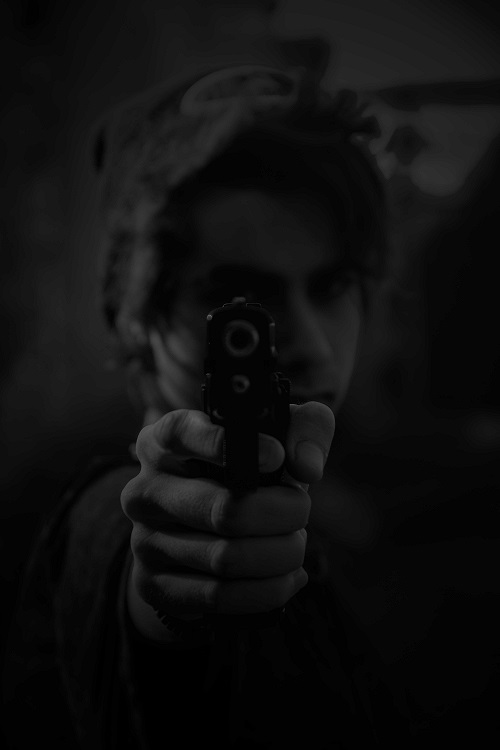
Views can evolve
Fast forward some twenty or so years, and violence is seemingly everywhere. Even some of those closest to me have been affected – so much so, that it motivated me to change my philosophy on self-defense. Even as I write this article in the wee hours of a Wednesday morning, I hear a ruckus outside. I go to check on it, and I see a fox and a bobcat battling it out on the side of the house. Maybe that’s my reminder that violence is part of our nature.
I have had the privilege to be part of open dialogues with many on this topic. From small groups of students personally affected by violence, to high school students working to make a positive impact on our communities, to groups referred to our leadership program at the Juvenile Court, to teachers, counselors, principals, upper-level administrators, parents, online discussions, and other forums. Today (Wednesday, March 28), at 11am, I will be talking with David Plazas of the Tennessean, live on their Facebook page (video can be found here). I should point out – I’m not an expert on violence or gun violence. I’m a student of these topics…and I’m determined to prove it IS possible for us to engage in civil discourse for the purposes of progress. In fact…our lives depend on this.
Most recently, I spoke with some friends this past weekend – a teacher, a Marine, and an executive from a nonprofit that works with inner-city youth. We spoke for nearly two hours, disagreeing and finding common ground. Through the course of this discussion, I had several revelations. One of them was this: when we experience traumatic events, those events affect how we view the world, and thus how we make decisions.
My friend shared a story about how he was robbed at gunpoint in a jewelry store (our filmed dialogue is forthcoming, so you will get the full context in the near future). At the time, he didn’t know if those moments were going to be his last. This led to his decision to secure a carry permit. I was able to identify with that reasoning, as a traumatic event in 2012 also led me to do the same. I realized that these traumatic events lead us to make these types of decisions.
Similarly, traumatic events like the massacre in Parkland, Florida seem to affect our collective psyche. We call for the banning of semi-automatic rifles. We call for teachers to be allowed to carry in the classroom. Data shows the likelihood of being victimized in a random mass shooting at a school is, comparatively, extremely low. Likewise, data shows the likelihood of being victimized in certain types of crimes (like my friend and I) is also low, depending upon the environment. And yet…the trauma from these events overrides the data. And it is from our trauma, that we can, at times, think and act. As one of my psychologist friends says, “The things we fear the most are the things we understand the least.”

So we adopt the fear.
We yell at each other when we disagree.
We label.
We mock.
We escalate.
We kill.
We say, “There is evil in the world.” We point to people throughout history that killed with impunity.
We point to instruments and weapons.
We point to policies.
Laws.
Children.
Gangs.
Politicians.
Political parties.
Leaders…and this list goes on.
We point to everything and everyone…except ourselves. We seldom look in the mirror and say, “I am part of this problem.” It’s no wonder solutions are seemingly so elusive. How could solutions be readily accessible, when we task someone else with their implementation?
The wisdom in our youth
There was a time when I thought, generally, “How could this person know any better? They have no life experience.”
My experiences have generally proven me wrong. One of the most remarkable characteristics of our youth is their belief in their ability to impact our world. I was once idealistic. Life happened, and I allowed some events to harden my heart. My thinking became rigid…and I became more outwardly judgmental.
Life kept happening. I recognized my scars. I recognized my thoughts and actions – some of which were borne from my scars. Then…I recognized my scars in others. This became a turning point for me, because I realized – much like my dialogue with friends from this past weekend – we are not so different from one another.
It’s easy for us to forget our idealism. In fact, it’s safer for us to forget it, because we sometimes prefer the comfort of our pain and rigidity over the uncertainty of “letting go.” Let’s be honest, it can be frightening to come to terms with the fact our jaded philosophies might be of our own making…and deconstructing them could cause more pain than we are ready to acknowledge. I only know this through personal experience…and listening to the experiences of our youth has shown me that it is not a requirement for me to attach myself to my scars. It is not a requirement for me to carry the burden of suffering. Simultaneously, as recovery literature states, “We will not regret the past, nor wish to shut the door on it.”
What I’ve recognized is this: growing up is tough, no matter the socioeconomic background, no matter the race or culture. Numerous factors affect our “relative struggle,” however we have commonality in the struggle itself. Our youth know we cannot legislate our way into a safer society. They know the individual is responsible for his or her actions. They know some people try to manipulate the dialogue and the narrative. They know violence is a part of life. Hell, they live with it.
They also know they play a role in ushering change, through personal action. Politics is a small part of it. They know change is realized through personal responsibility and personal action. They remind me of this on a consistent basis, through their questions and through their own actions. While us “adults” bicker online about extreme talking points, they’re building mobile libraries for low-literacy areas in our community. While we are chastising politicians, they are brainstorming policies that will make their schools safer, and engaging decision makers for feedback and implementation. While we are throwing stones at one another, they are finding ways to work through conflict.
I’ve personally witnessed all of these things. Yes, our youth lack the life experience we have. Maybe that’s what gives them an edge…the “crazy” thought that they can take an active role and be about change in our communities.
I invite you to participate more in these solutions. If you’re not ready to participate, I invite you to observe.
Your perspective, your input, and your role are critical. We need YOUR help. What do you have to lose?
Get involved
Call me at 615-241-0823.
Email me at marcel@beaboutchange.org
Subscribe below:
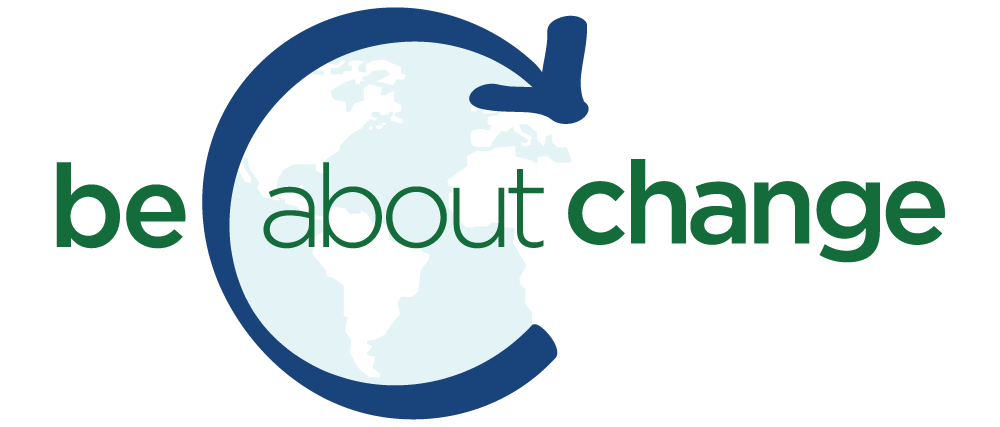
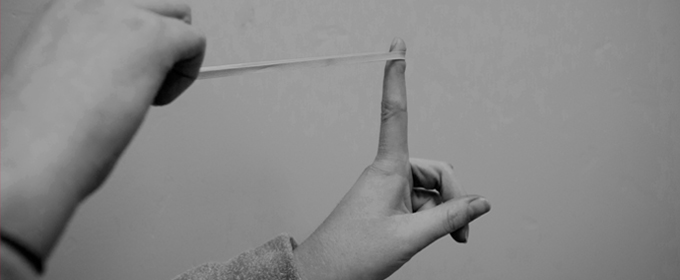






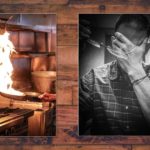
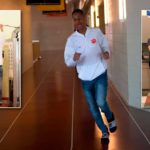
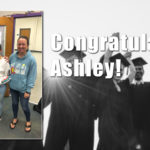


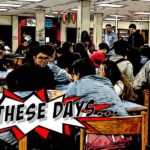


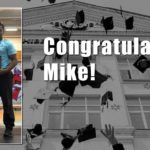
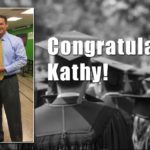

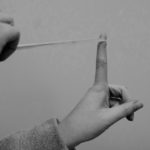
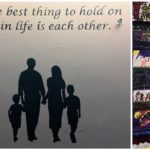


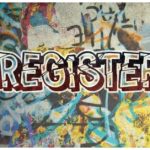
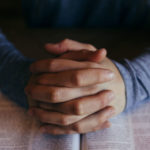
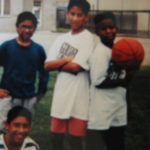

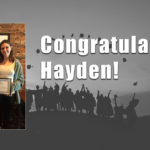
Comments No comments